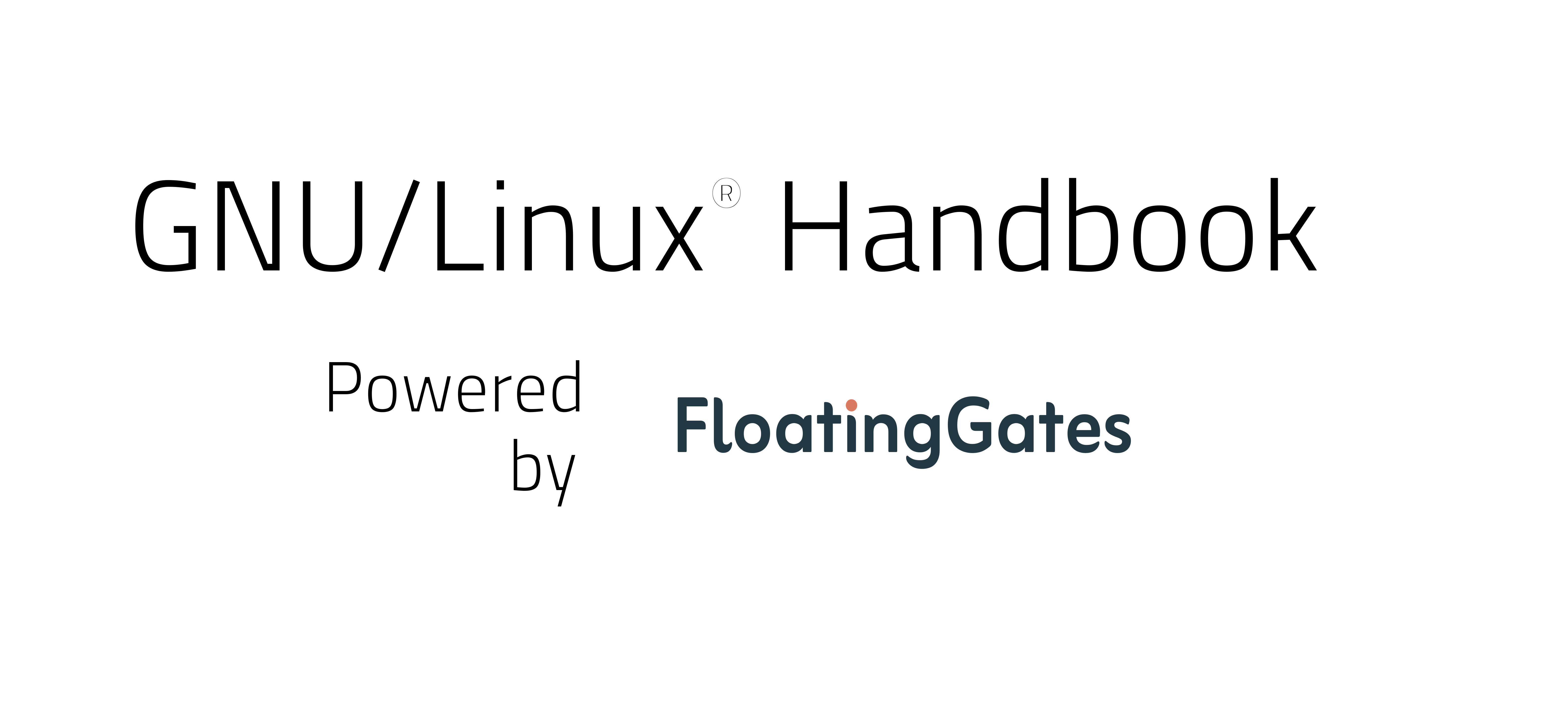Explore open-source software with us! 🐧⚙⬗
This repo contains documentation on using GNU/Linux systems, common workflows, how to get started and more as you dive deeper. It acts as a guide for doing some really neat things. However, keep in mind it should be seen as a co-pilot for your workflow, instead of a place to study on.
Open issues for improving the GNU/Linux system hand-book.
The book is made using mdbook. To install it you'll need cargo
installed. If you don't have any Rust tooling installed, you'll need to install
rustup first. Follow the instructions on the site in order to get
setup.
Once you have that done then just do the following:
$ cargo install mdbookMake sure the cargo install directory is in your $PATH so that you can run
the binary.
Now just run this command from this directory:
$ mdbook buildThis will build the book and output files into a directory called book. From
there you can navigate to the index.html file to view it in your browser. You
could also run the following command to automatically generate changes if you
want to look at changes you might be making to it:
$ mdbook serveThis will automatically generate the files as you make changes and serves them
locally so you can view them easily without having to call build every time.
The files are all written in Markdown so if you don't want to generate the book
to read them then you can read them from the src directory.
